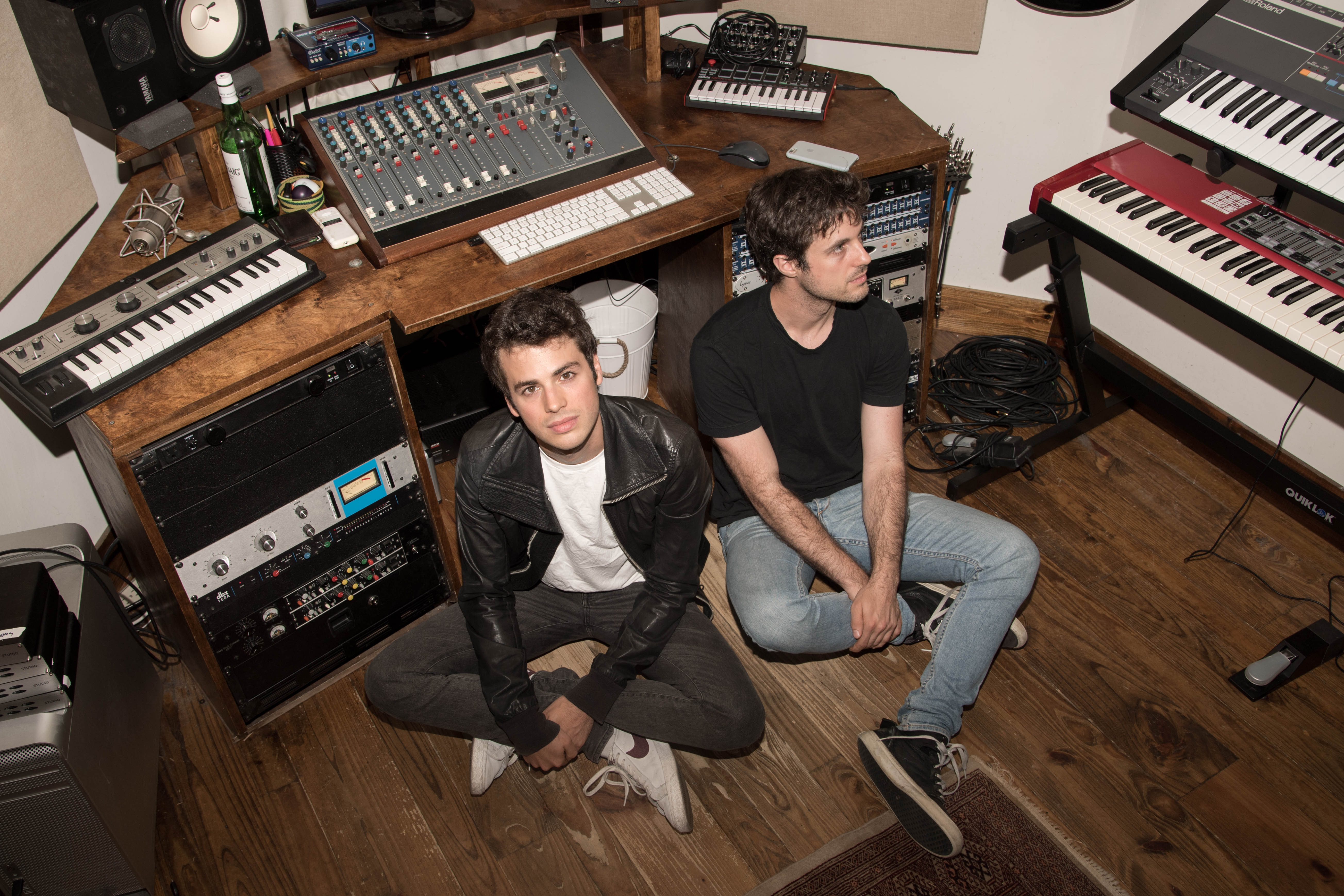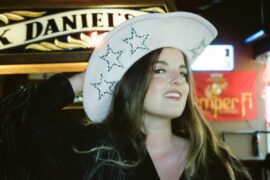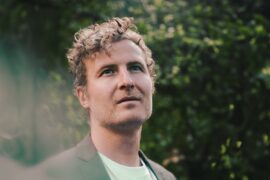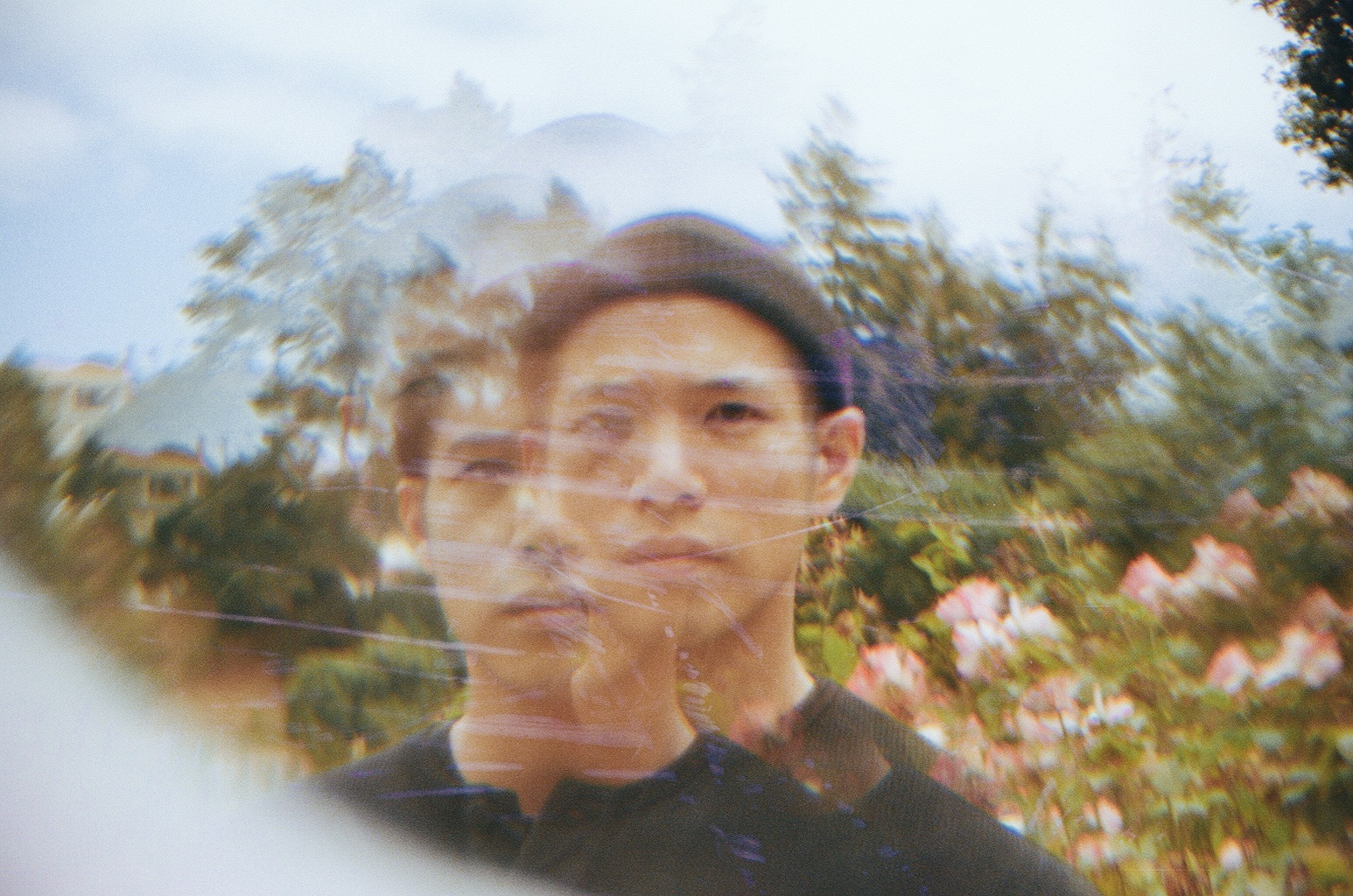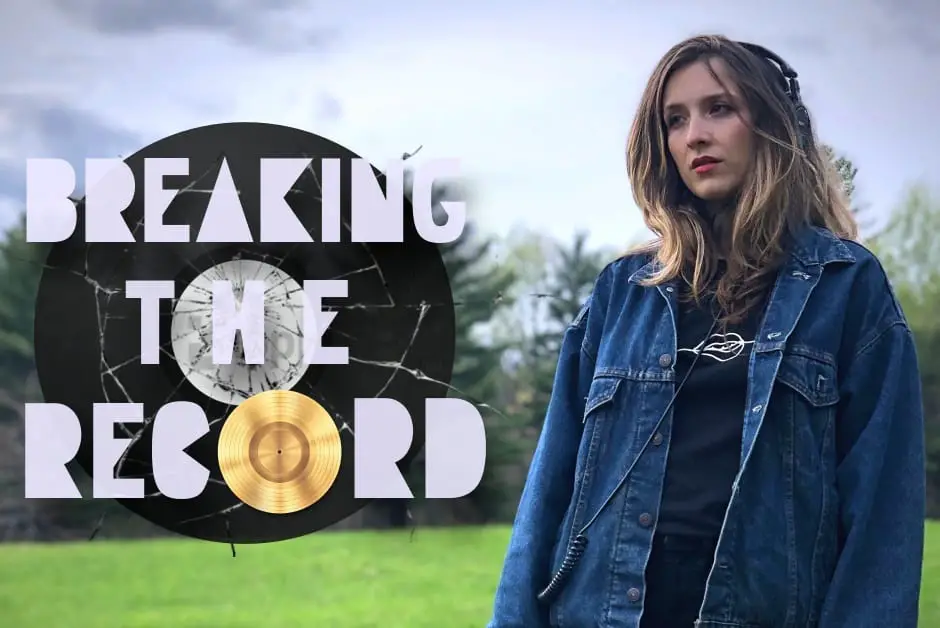On their sixth album ‘A Human Home,’ Berlin-based outfit Lucy Kruger & The Lost Boys look to their past while still allowing space for experimentation.
‘A Human Home’ – Lucy Kruger & The Lost Boys
A “swallowed poem” sung with soft vocals paired with a soothing melody gently charms listeners on the title track of Lucy Kruger & The Lost Boys’ sixth album, A Human Home.
The release comes a year past their previous full-length, Heaving – which itself was a departure from their previously established exploration of sound in their trio of albums prior: Sleeping Tapes for Some Girls, Transit Tapes (for women who move furniture around), and Teen Tapes (for performing your own stunts). The sonics slips backwards into the former Tapes Trilogy sound while mostly straying from the heavy, fast-paced atmosphere that Heaving had freshly introduced. Though, the work is still distinctive enough to be separated from past eras. Notably, their ability and willingness to play with experimentation combined with the environment in which the songs were first born gives A Human Home its own unique voice.
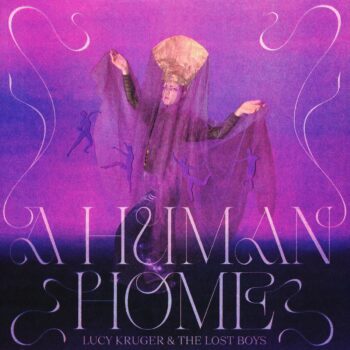
“Dripping Trees” roots itself in a Teen Tapes environment while “The Whale Song” evokes a familiar Heaving intensity akin a “Burning Building” B-side. Flushed cheeks and a racing heart are to be expected when eerie humming meets jumbled thought as Kruger’s tender voice whispers ever so gently into your ears, “I can’t promise I’ll be the same person when I see you tonight / Will I see you tonight” (“A Drill”).
The 13-track collection is “essentially an album of demos” comprised of various sketches written in isolation during the COVID-19 lockdown, Kruger told Atwood previously. Recorded conversations from those held closely – yet distantly – weaves a close intimacy through the tracklist in a time when physical closeness seemed to be a nothing but a fantasy.
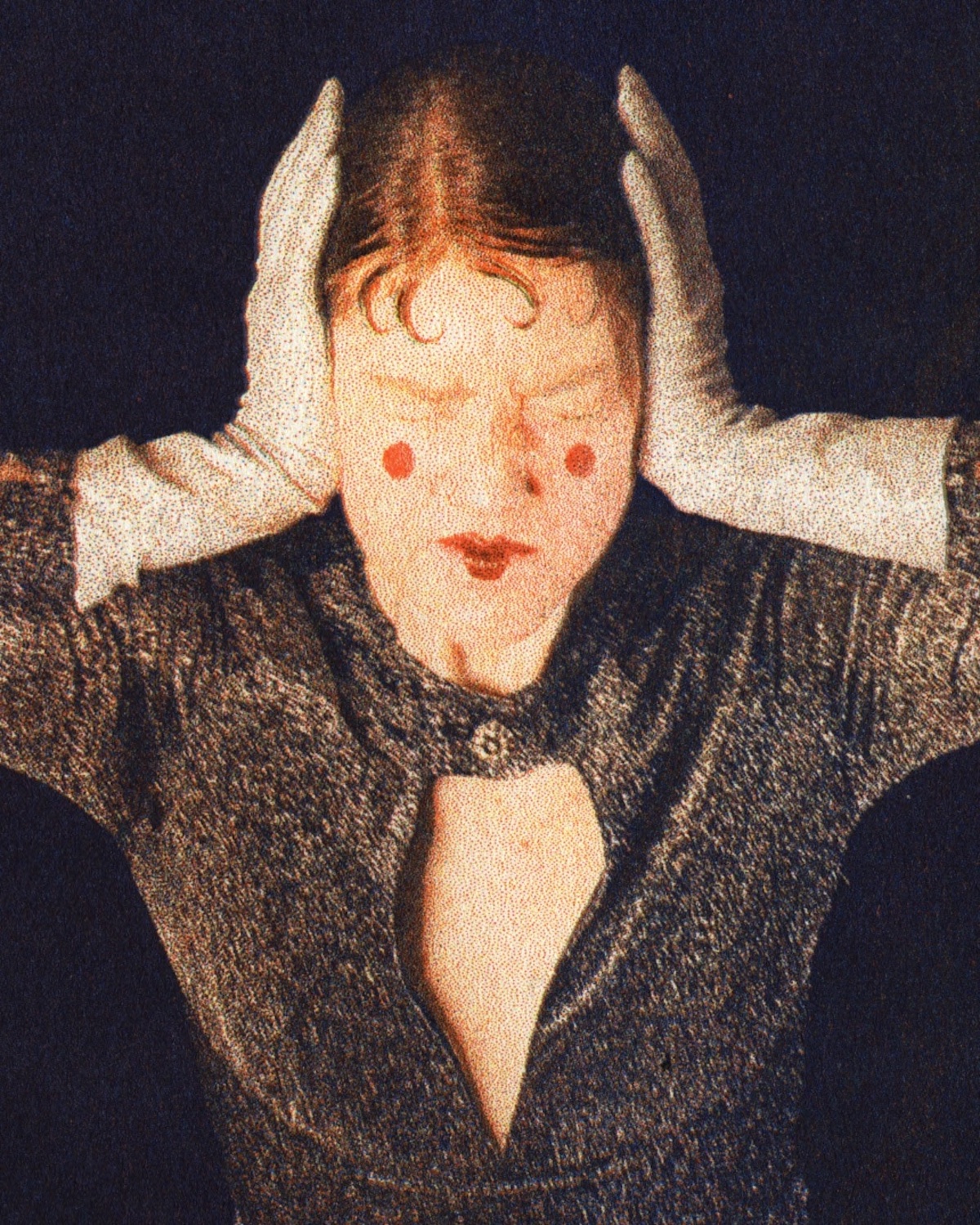
“I could have then taken an album to the band and reproduced it,” she said. “But I decided to not do that because I think the heart of the songs lies in the question that was originated, where the song originated from.”
Anxieties and inescapable inner thoughts loom throughout, emphasized by the moody atmosphere of sullen guitar, cathartic viola arrangements and experimental noise. “There are so many nights / I can’t wear my name / What if I shared it with another / Could we bear its weight,” our frontwoman – who shares her identity with The Lost Boys – questions in a hushed tone (“Barren Stage”). While bandmates and outside collaborators play crucial roles, the project lends itself to Kruger as the creative force behind the music.
A sense of abandonment presents itself; or rather, a struggle to keep a lover before she leaves. We hear attempts from our poet to outrun her trailing past as she reaches out for her love. “The Upside Down of Sinking” echoes her previous pleas in “Open Road” as she calls out for her lover to stay.
Don’t leave, don’t leave
Soon I’ll see, soon I’ll see
How to let my history be
Don’t leave, don’t leave
Soon I’ll see, soon I’ll see
How to let my history–
– “Open Road,” Lucy Kruger & the Lost Boys
Don’t go, don’t go
Soon I’ll know, soon I’ll know
How to let my history go,
how to let my history go
Don’t go, don’t go
Soon I’ll know, soon I’ll know
How to let my history go
The Upside Down of Sinking
– “The Upside Down of Sinking,” Lucy Kruger & the Lost Boys
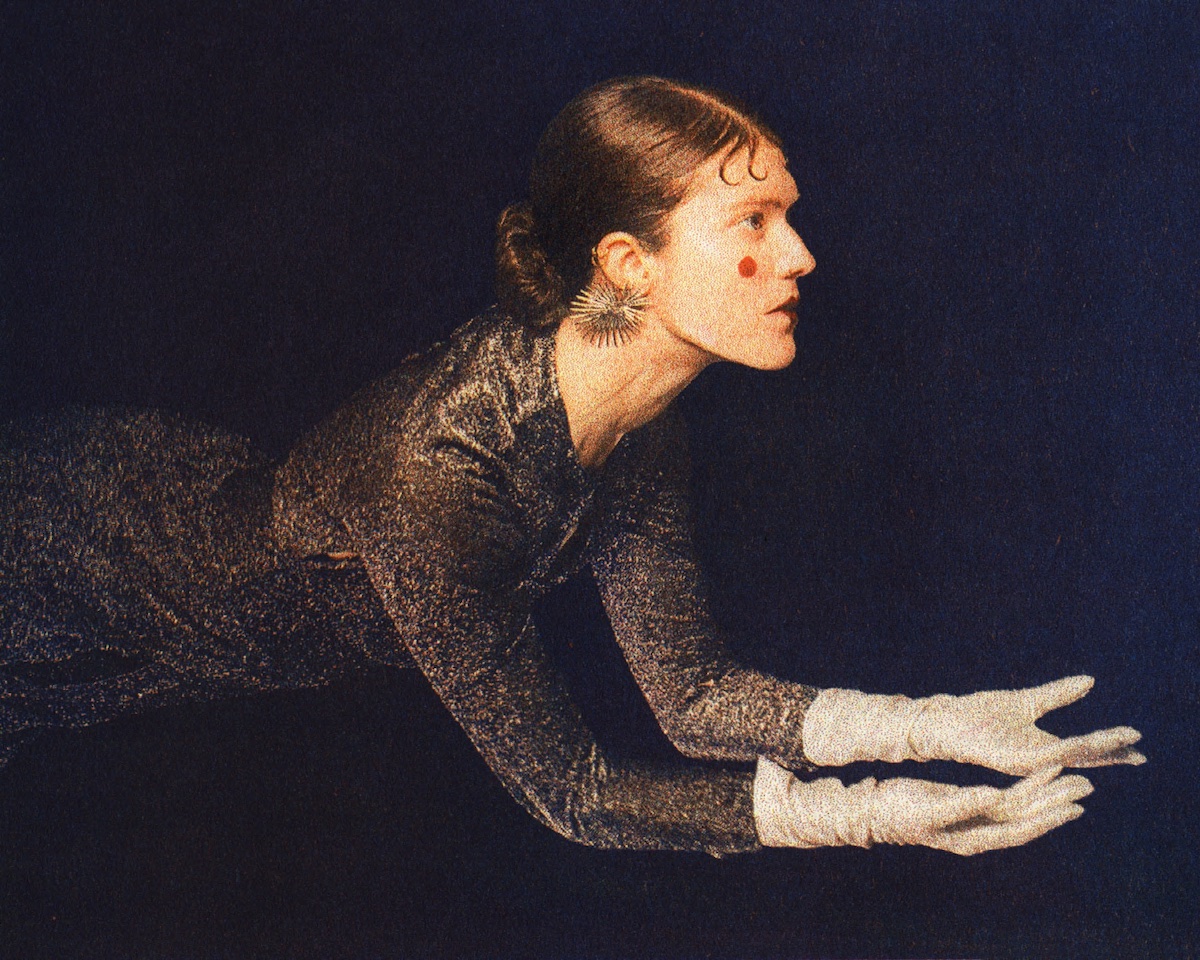
Until the Berlin-based outfit (by way of Kruger’s South African roots) ventures into their next soundscape, fans and new listeners alike can savor the record by lending the tracks a deserving ear.
Perhaps the best way to give the songs an honest listen would be in the space in which they were originated: In isolation, absorbing each second to its fullest extent.
— —
:: stream/purchase A Human Home here ::
:: connect with Lucy Kruger here ::
— — — —
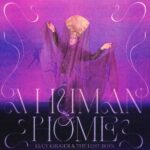
Connect to Lucy Kruger & The Lost Boys on
Facebook, Twitter, TikTok, Instagram
Discover new music on Atwood Magazine
© Francis Broek
:: Stream Lucy Kruger & The Lost Boys ::


 © Francis Broek
© Francis Broek